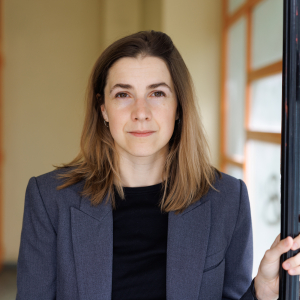Research project
This project responds to an urgent contemporary challenge: If we are inhabiting a rapidly warming planet, then we are also experiencing constant redefinitions of cooling. A historical approach that attempts to understand how humans have related to “heat” and “cold” over time reveals that, far from being a marginal field of technical expertise, the production and maintenance of cold has structured Europe’s relationships with the so-called Third World[1] in important and hitherto largely unrecognized ways. The influences of colonial science and race theory, with its conception of tropical environments as depleting and their inhabitants as intellectually inferior and lazy, outlived empire itself and informed plans for postcolonial modernization. Since the end of World War II, Europeans have confronted rapidly changing relationships with the hotter regions of the world, marked by decolonization, Cold War rivalries, and inequalities resulting from climate change that have posed significant challenges to the project of global governance. By exploring histories of the construction of cold, we can trace how expert knowledge and planning confronted, adapted to, and produced a series of highly differentiated cold spaces, thereby probing how thermal discourses and practices informed notions of development in extra-European contexts.
The construction of the coldscape––a concept we use to refer to the range of cooling technologies small and large with purposes ranging from commercial shipping, to domestic cooling, to biomedical research––took place alongside the renegotiation of the geopolitical relationship between newly postcolonial countries and Europe, and Global South and Global North more broadly, during this period. Thus, examining the construction of cold as an integral part of development reshapes how we look at the impact of decolonization in Europe, new nations’ self-assertion on the world stage, and the global Cold War.
